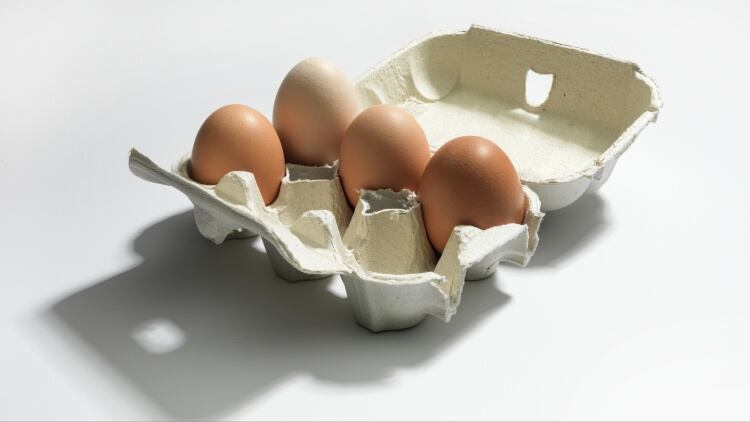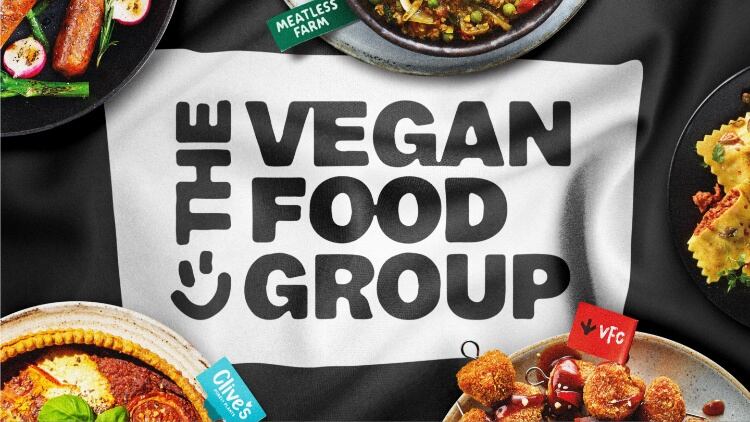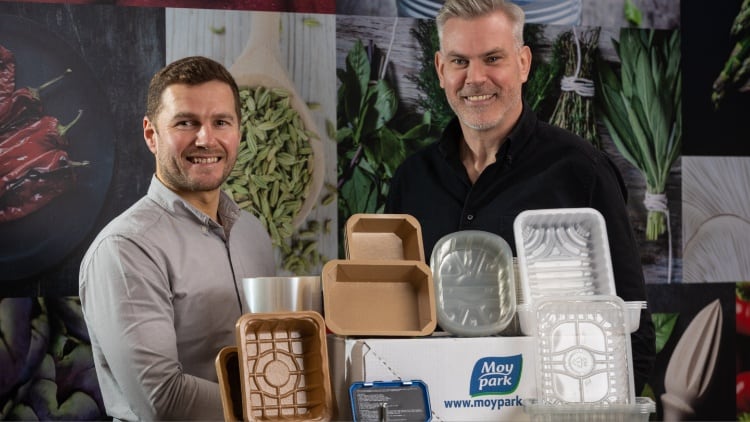Under plans announced on 9 January 2024, producers would no longer need to change how eggs are labelled during an outbreak of avian influenza.
Currently, when mandatory housing measures are introduced, eggs from free-range birds may continue to be labelled as free-range for 16 weeks, known as the derogation period. After that period however, these eggs must then be labelled as barn eggs.
More than 360 cases of highly pathogenic avian influenza (HPAI) H5N1 have been confirmed in Britain since late October 2021. In both 2021/22 and 2022/23 the 16-week derogation period was exceeded, which caused egg packaging to be changed to comply with legislation.
The proposals for England and Scotland are subject to an eight-week consultation and have received backing from the British Egg Industry Council (BEIC) and the British Free Range Egg Producers Association (BFREPA). However, the Vegetarian Society has revealed concerns that the changes could undermine public confidence in the free-range designation.
Farming minister Mark Spencer said that the Government wanted to support egg producers during outbreaks of this disease.
“I encourage all those with an interest to take part in this consultation to ensure that our free-range industry continues to thrive in years to come,” Spencer added.
Chief executive of the BEIC, Gary Ford, agreed with Spencer, noting that the organisation had previously called for changes to the rules.
He continued: “This has become increasingly important due to the unprecedented levels of Avian influenza in recent years. The changes are essential to ensure a long-term future for British free-range eggs, which we know consumers want, and we strongly support the consultation”.
BFREPA chief executive Robert Gooch also welcomed the proposal: “Producers should be able to protect their hens from the risk of bird flu by housing their hens in accordance with Government requirements without having to relabel their eggs, as a result of this consultation. It would also align the free range egg marketing rules with the European Union, which is important as it means that British producers will be on a level playing field with European farmers.”
However, head of research and information at the Vegetarian Society, Jen Elford, warned against potential negative side affects of the rule change.
“We will be exploring what this means, for industry, retailers and shoppers,” Elford said.
“But we’re keen to preserve consumer confidence when shopping and ‘free-range’ is a standard many people value and look for when shopping. If the standard is compromised, then it potentially risks the many years spent building consumer confidence in the label and could damage confidence in the perceived accuracy of other key ethical and environmental labelling.”
In other news, VFC Foods has rebranded as the Vegan Food Group.





